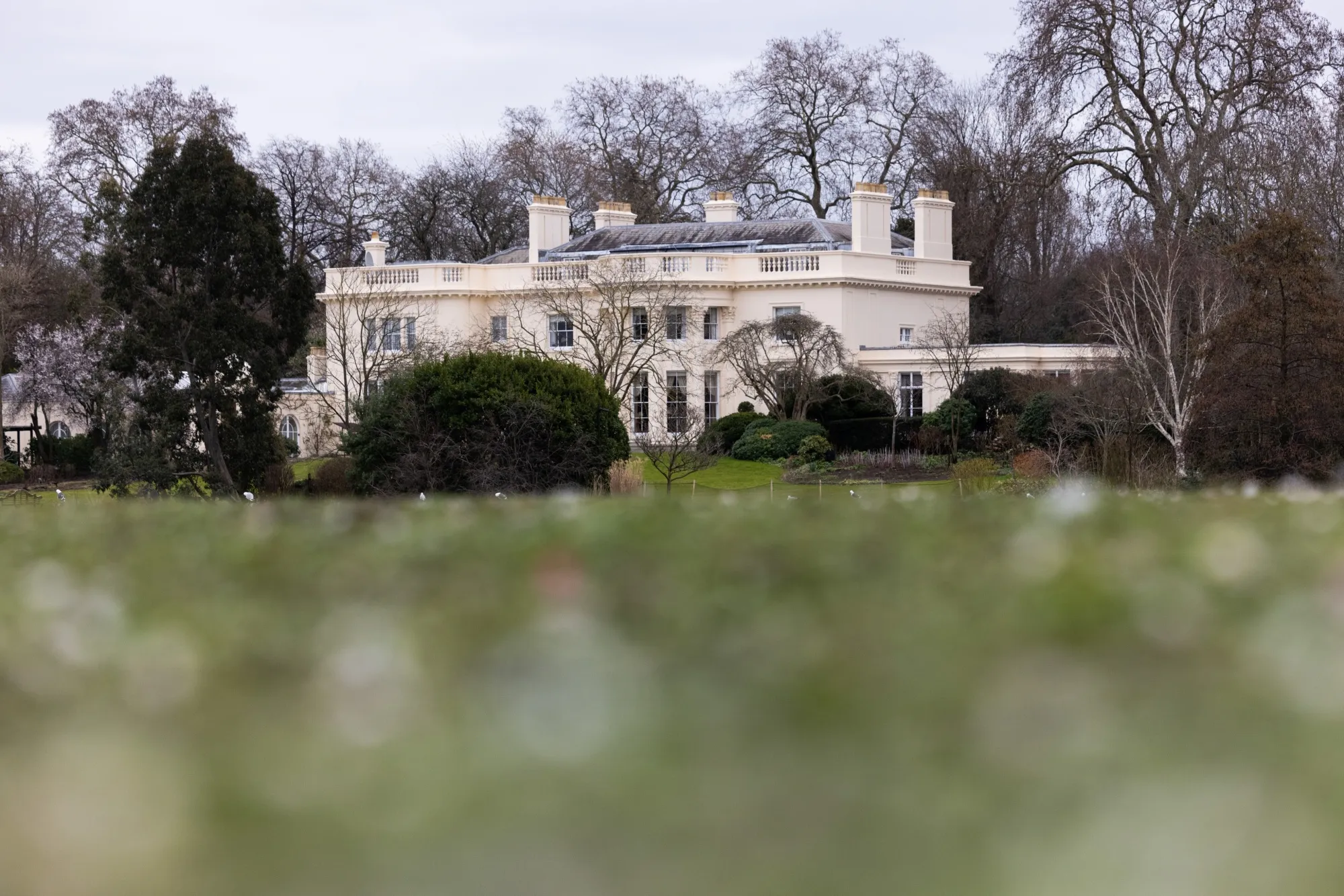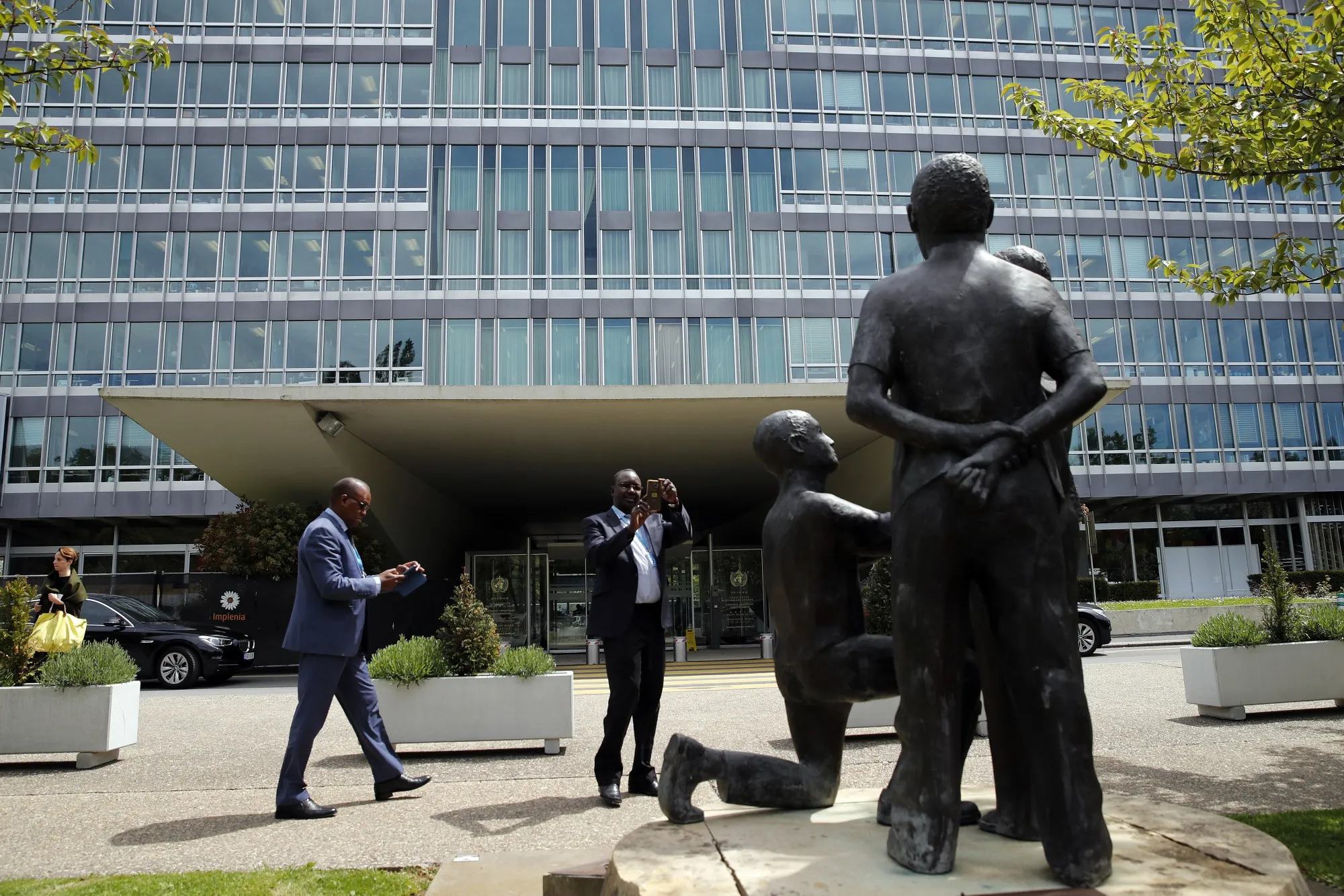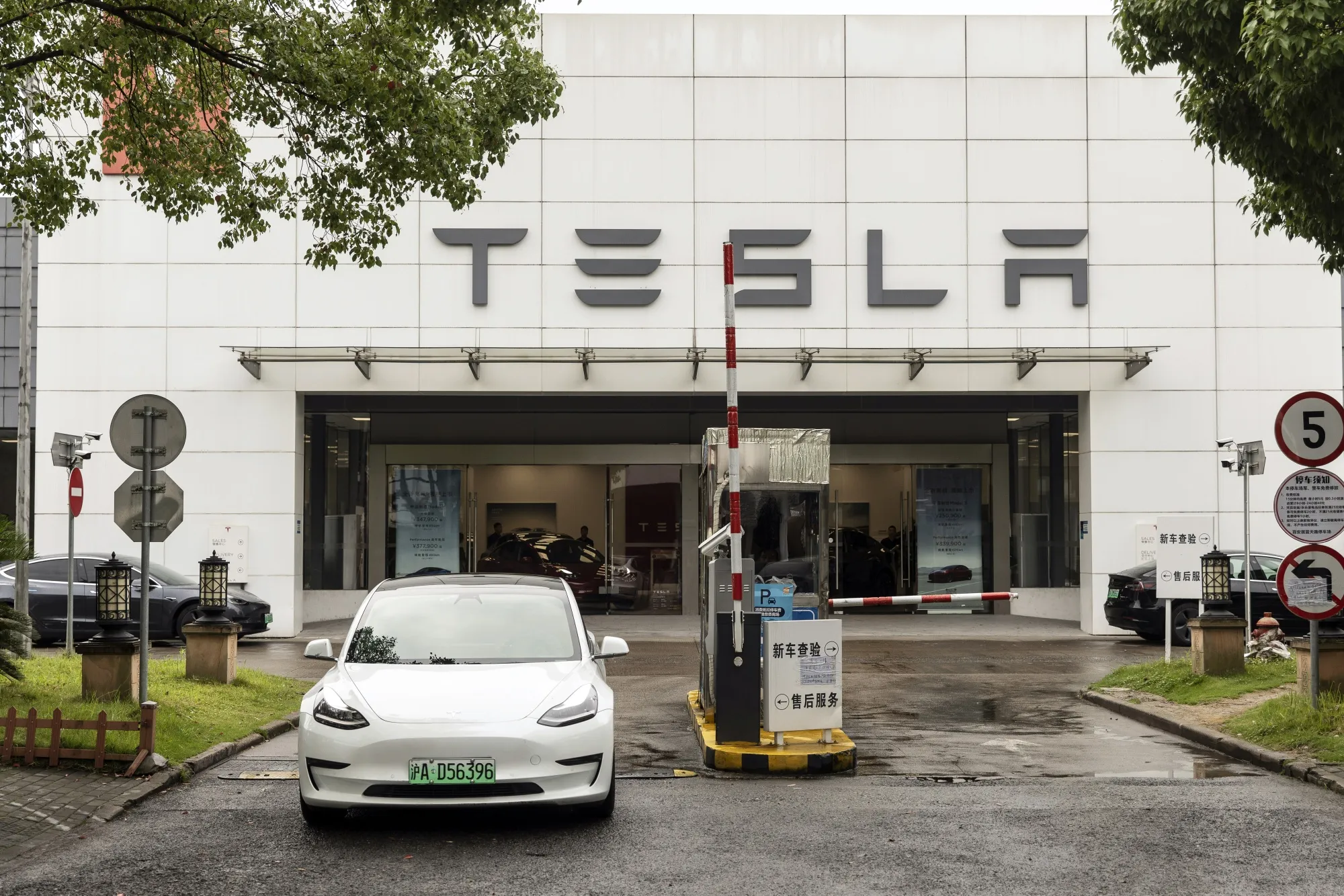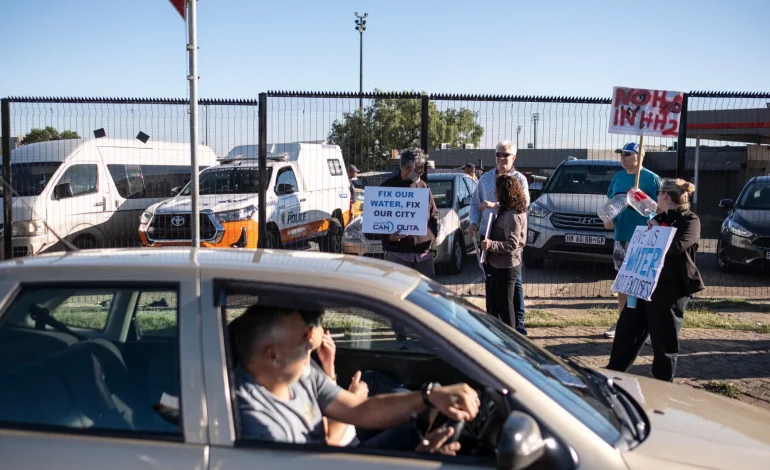Johannesburg, South Africa’s economic hub, is considering stricter water restrictions to address aging infrastructure and surging demand, exacerbating existing water woes across the country, Blooomberg reports.
Currently under Level 1 restrictions, residents are prohibited from irrigating gardens and using municipal water to clean paved areas between 6 a.m. and 6 p.m. However, Johannesburg Water Operations Manager Logan Munsamy told broadcaster Newzroom Afrika that these measures are proving insufficient. “We are looking at increasing that level of restriction, possibly to Level 2 or higher,” he said. Level 2 restrictions would further prohibit the use of municipal water for irrigating gardens, topping up swimming pools, and washing vehicles or pavements with hosepipes.
The city’s challenges reflect a broader national crisis. Decades of underinvestment and poor maintenance of water infrastructure have left South Africa grappling with a worsening water shortage. In October, Rand Water, Africa’s largest bulk water supplier, warned that Gauteng province – home to Johannesburg and Pretoria – risked running out of water unless consumption was drastically reduced.
The severity of the situation is evident in recent events. Residents in the Westbury suburb clashed with police on Wednesday following a prolonged water outage. The Democratic Alliance party also submitted a memorandum to Executive Mayor Dada Morero highlighting that some households have endured water shortages for as long as 70 days.
The deteriorating water infrastructure poses a significant threat to South Africa’s financial system, according to the central bank. This latest crisis comes as the country attempts to recover from a prolonged energy crisis, which saw the state power utility implement rolling blackouts lasting up to 12 hours daily.









